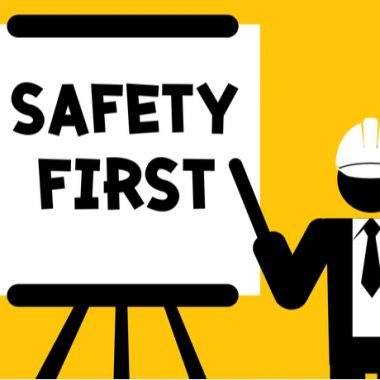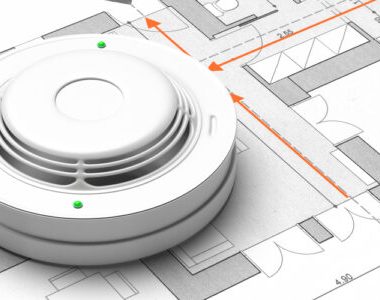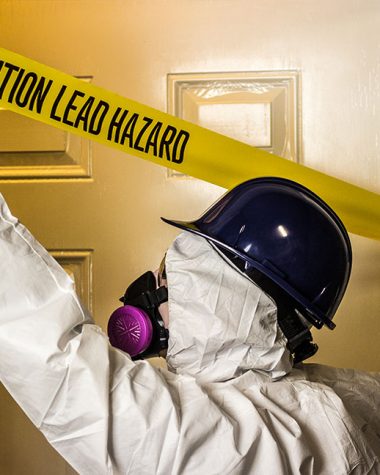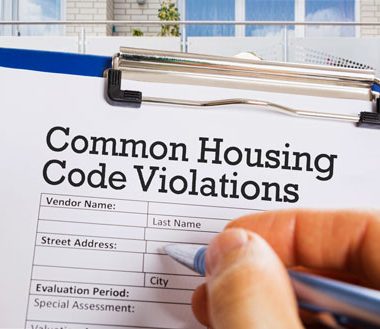Finish with call to action in the end
Safety Measures for DIY Electrical Work
It’s never a bad idea to play it safe when it comes to DIY electrical work. Whether you’re changing out a light switch or tackling a larger task, taking preventative safety measures and following electrical safety best practices can ensure the job is done right and your home and family are protected.
1. Understand The Scope Of The Task Before Starting
Before doing any electrical work, you should understand the scope of the task at hand. Have all the necessary tools and materials available, and make sure you can safely complete the job. Small mistakes can lead to serious consequences, so it’s important to make sure you know what you’re doing and why.
2. Turn Power Off At The Breaker Box
Before doing any electrical work, make sure you turn off the power from the breaker box. It’s essential to make sure all power to the outlet you’re working on is shut off to avoid electric shock. If you forget to turn off the power, it can be deadly.
3. Wear Safety Gear
When doing electrical work, it’s essential to wear safety gear to protect yourself. Wear rubber-soled shoes and never touch anything with wet hands. It’s also a good idea to wear safety glasses, and use a face shield if necessary.
4. Use The Proper Tools
Using the proper tools is essential for DIY electrical work. Make sure your tools are up to date and in good condition. Investing in quality tools can save you time and money in the long run.
5. Follow Local Codes
Most DIY electrical projects require following local codes. Make sure you know what codes and regulations you’ll need to abide by. Failing to do so can result in costly fines or even the need to tear out and replace your work.
6. Check Wiring Before Touching
Before you start messing with the wiring, it’s important to check for exposed wires. Use an adjustable voltage tester to make sure the connection is dead and won’t cause any shocks.
7. Use Ground-Fault Circuit Interrupters
Ground-fault circuit interrupters are essential when doing DIY electrical work. These devices are designed to shut off the power if there is an electrical fault and can prevent electric shock.
8.Test Wiring After Repair
Once the electrical work is done, it’s important to test the wiring to make sure everything is working properly. Use a voltage tester to double-check your work and ensure the circuit is live. If not, take a closer look to see what may be wrong.
9. Disconnect Cables Properly
When disconnecting cables, make sure to do so properly. Grab the plug, not the wire and gently pull away from the outlet. Never yank the wires or force them out.
10. Bring In An Electrician For More Complex Projects
For more complex projects, it is always a good idea to consult a professional electrician. Trying to tackle a project that’s beyond your skill level can be dangerous and expensive. Working with an experienced professional can help ensure the job is done right the first time.
11. Take Care With Extension Leads
Using extension leads while doing electrical work can be dangerous if not done properly. Make sure the extension lead is UL-rated and in good condition before use. It’s also important to make sure there are no trips, twists, or tangles in the cable.
12. Inspect Wiring Before Covering
Before you cover up the wiring, make sure to inspect it thoroughly. Check all the connections and make sure you haven’t missed anything. Covering up faulty wiring can lead to costly mistakes down the line.
Conclusion
Taking safety measures when doing DIY electrical work is essential. Following the simple steps outlined above can help ensure the job is done correctly and your home and family are protected. Make sure you understand the project and know what you’re doing. Always wear safety gear, and never hesitate to consult an experienced professional when needed.
Call To Action
If you need help with any electrical project, call the experts at ABC Electrical Services. With over 30 years of experience, we can help you get the job done right – and safely. Contact us today for more information.
What are the most important safety measures to take when doing electrical work at home?
1. Wear safety glasses and protective clothing.
2. Unplug all appliances before starting work.
3. Use insulated tools.
4. Prior to any work, identify and turn off the correct circuit breaker.
5. Know what type of circuit you are dealing with and how to work with it appropriately.
6. Use electrical tape to cover wire connections and splices.
7. Check wiring for problems such as heat, frayed wires, broken insulation, or loose connections.
8. When removal is involved, use a voltage tester to make sure the power source is off (no power).
9. Ensure all electrical connections are tight.
10. Do not try to replace an old fuse with a higheramp fuse as it may cause a fire.
11. Make sure to ground exposed metal parts.
12. When in doubt, call a qualified electrician.
What types of personal protective equipment should be worn when doing electrical work at home?
1. Safety glasses or goggles
2. Respirator: An N-95 or P-100 respirator can help protect you from breathing in any fumes related to electrical work.
3. Rubber Gloves: Rubber gloves are used to protect your hands from electric shocks.
4. Hard Hat: Wear a hard hat if you’re working in an area where there is a potential for falling debris or possible head injuries.
5. Steel-Toe Boots: Steel-toe boots should be worn while working with electrical tools and materials to protect your feet from the sharp edges.
6. Hi-Visibility Clothing: Wear clothing that is brightly colored and/or reflective to increase visibility in lower light settings.
7. Ear Protection: Wear ear protection when working with equipment that may cause hearing damage.
8. Insulated Tools: Use nonconductive, insulated tools to minimize the risk of electric shock.







